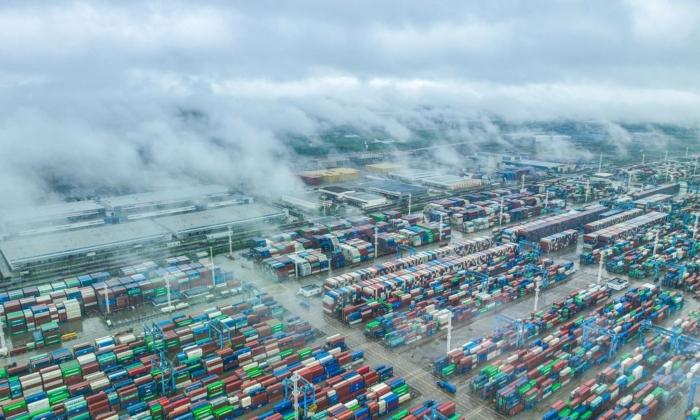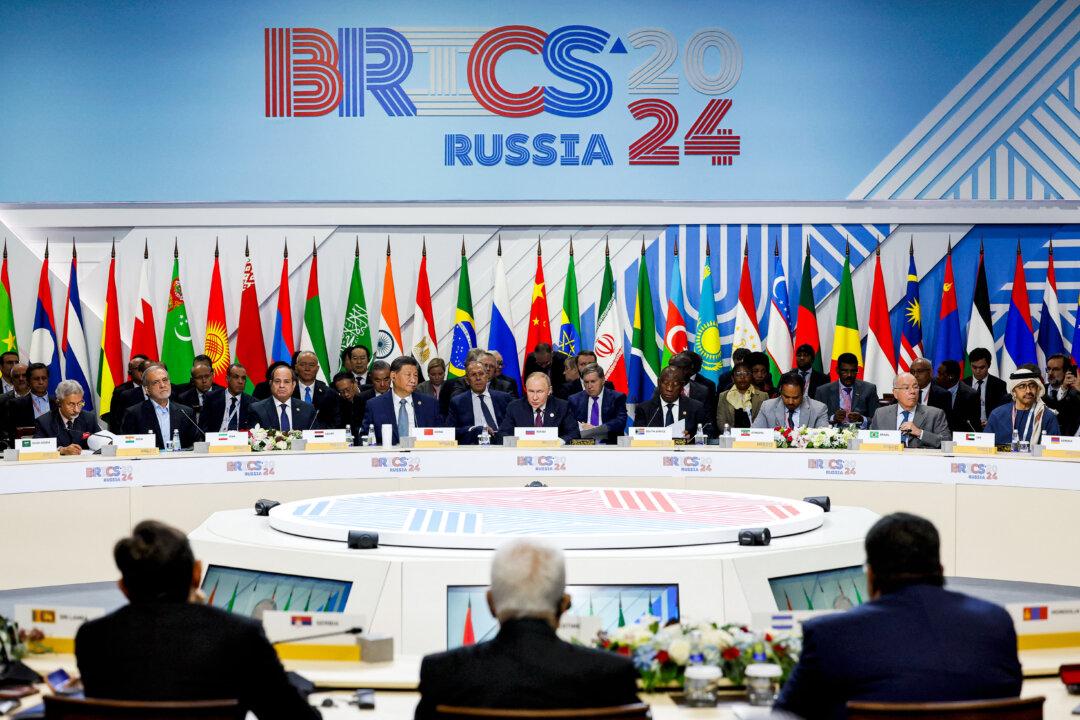China’s economy is unraveling because its economic strategies are failing. Such is the way with communists.
Mr. Wang adopted his typically imperious tone in response, saying that the China-EU partnership “should not waver.” However, the relationship is unlikely to improve without significantly better observance of human rights and international law by Beijing. That’s unlikely, given the CCP’s hegemonic ambitions. Its culturally homogenizing strategies—to the point of genocide against Uyghurs, Tibetans, and Falun Gong adherents—don’t help.
Plus, wealthier populations have historically sought democratization. This was the great unrequited hope of the West’s embrace of economic engagement with dictators, thinking it could thereby democratize them. In the case of China, engagement had the opposite effect, economically strengthening and emboldening an adversary, if not an enemy.
Yet the CCP still sees the private wealth of its own citizens as a threat. Wealthy citizens are less dependent on the Party and more likely to seek improvements to their lives beyond the basics of food, a roof, and health care. They might want more in life, like the freedoms traditionally associated with democracies.
Freedom of speech and the right to vote in real elections for their top leaders would make short work of Xi Jinping and the rest of the CCP, as it did in the former Soviet Union. So these freedoms, and the private wealth that makes them more likely, are rejected by Beijing. Instead, the CCP seeks to skim all private wealth over and above the necessities of economic growth for redeployment to expand its power and influence abroad. That leads to economic inefficiency at home.

China expert Gordon G. Chang argues in The Hill on July 21 that given China’s floundering economy, Mr. Xi has two stark choices. “He can let economic forces take their course and bring down the Chinese political system, which has depended on delivering prosperity as the primary basis of its legitimacy, or he can whip up xenophobia and nationalism by triggering a conflict with the United States or other victims,” writes Mr. Chang.
Mr. Xi’s frequent advocacy of fighting spirit in speeches over the years, including before People’s Liberation Army officers, and reported plans to invade Taiwan within years, not decades, suggest that he is considering the latter option, at the very least.
“China’s leader is engaging in a total-society mobilization for war,” writes Mr. Chang. “A conflict is something he has long been planning for.”
There is a silver lining to the storm clouds coming from China. Many Chinese are voting with their feet, which is the only way they can vote. They are leaving China by the hundreds of thousands every year.
Hopefully, like Russian and Vietnamese emigres and refugees from communism in decades past, our new Chinese emigres will add to the backbone of reason and experience in countries around the world that seek to resist totalitarianism, including of the communist variety.





